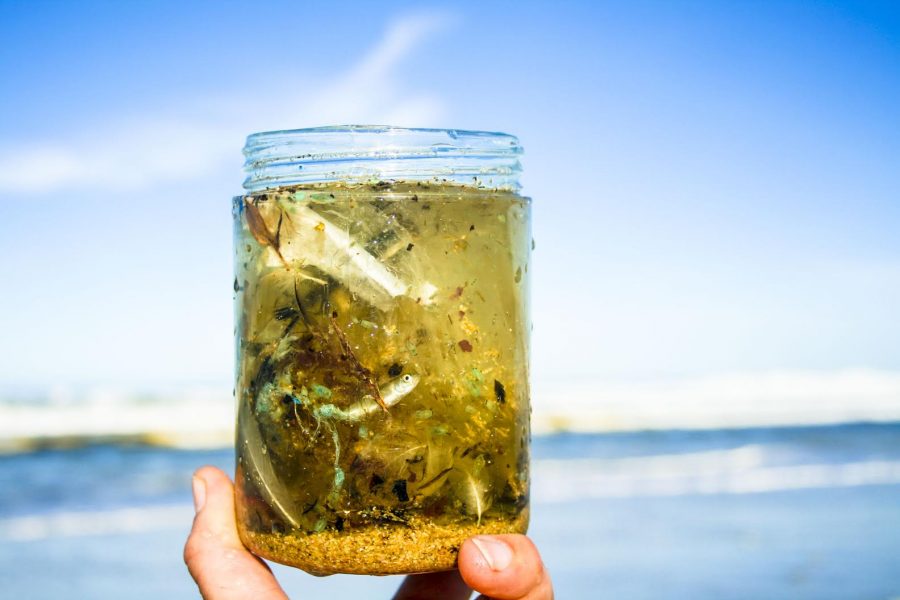
Plastic Pollution Comes Under the Spotlight in South Africa
Plastic pollution – particularly in the oceans around Africa – will thank goodness be in the spotlight during a two-day event in Port Elizabeth this July. Just this week, Durban was forced to temporarily close its beaches as piles of pollution and debris washed up on shore, and in the Western Cape seals have been seen caught […]
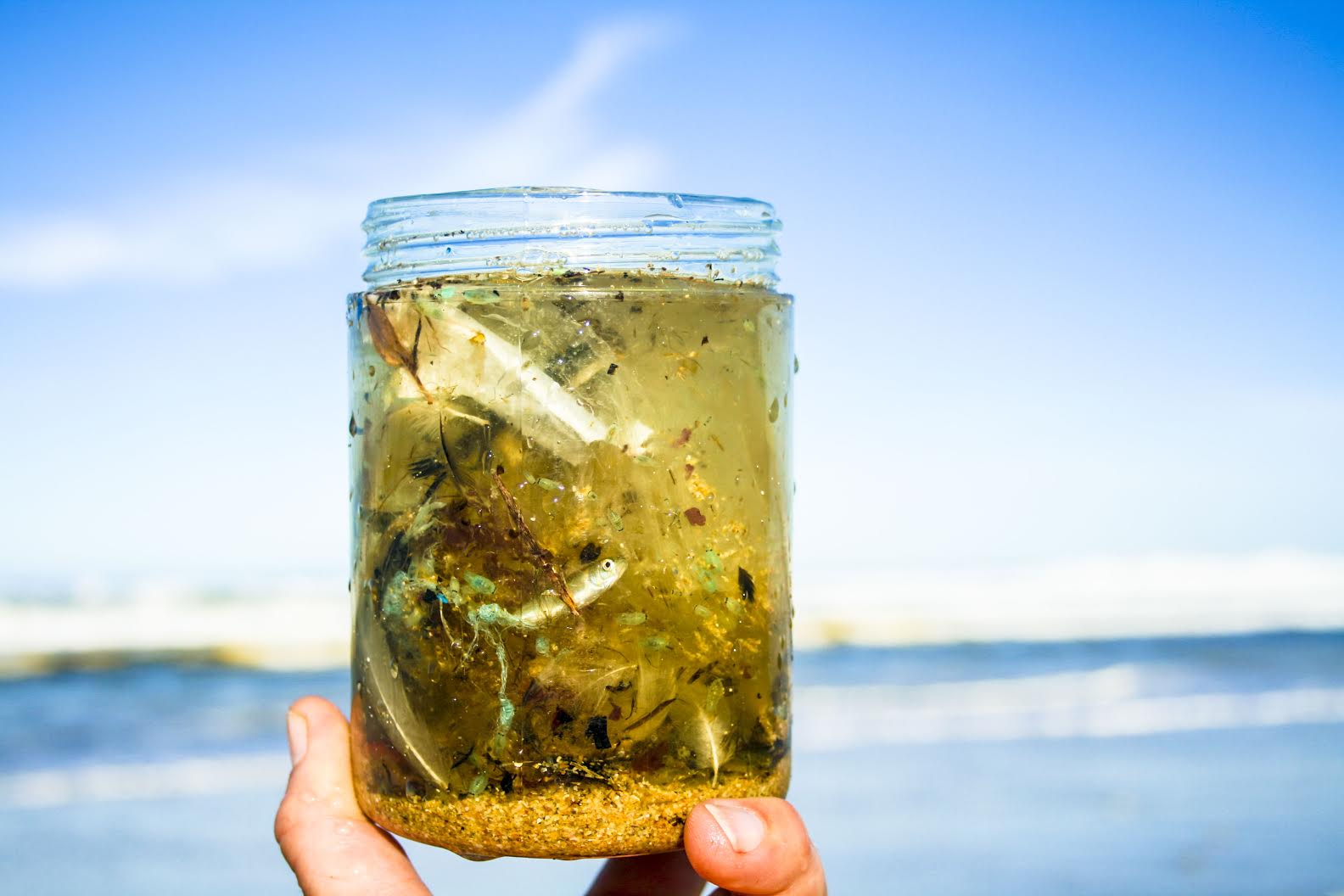
Plastic pollution – particularly in the oceans around Africa – will thank goodness be in the spotlight during a two-day event in Port Elizabeth this July. Just this week, Durban was forced to temporarily close its beaches as piles of pollution and debris washed up on shore, and in the Western Cape seals have been seen caught in plastic.

Over 150 million tons of plastic are estimated to be present in the sea at the moment. Even deep sea crabs have been found with plastic inside them. If current trends continue the weight of the plastic will by 2050 be 700 million tons and outstrip the total weight of fish in the sea.
The Sustainable Seas Trust (SST), Plastics SA and other partners will launch the cross-boundary African Marine Waste Network on 25 and 26 July, an initiative to address marine waste at a Pan-African level, and to make a contribution to solving a global crisis.
The SST has emphasised the enormous contribution of Plastics South Africa to this Network.
According to the SST, the exact amount of debris entering the sea from South Africa or any other African country is not known. What is known, however, is that the rapid development of Africa, coupled with poverty, has seen waste accumulation outpace management.
International organisations now fear that Africa may soon become as badly polluted as South East Asia, which has the foulest record on the planet. The Network urgently needs to find out how serious the African problems are, where they are and how to address them.
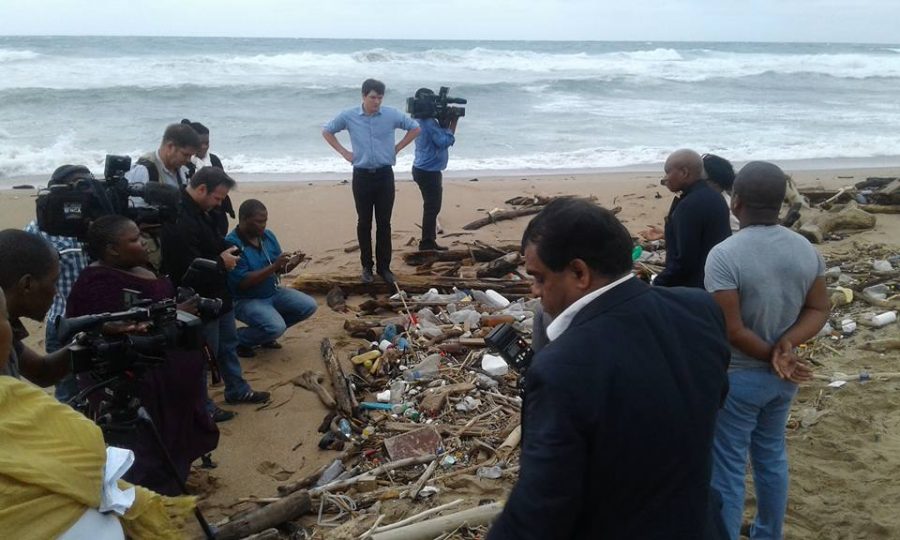
Recently Durbanites have been horrified as plastic and medical waste has washed up on to the shores.
On Wednesday, 18 May, eThekwini Municipality closed several beaches in order to clean them up, and Head of Parks, Recreation and Culture Thembikosi Ncgobo promised that no costs would be spared to ensure that the “sealed medicinal packages that washed up onto the shore are cleaned up and safely disposed”.
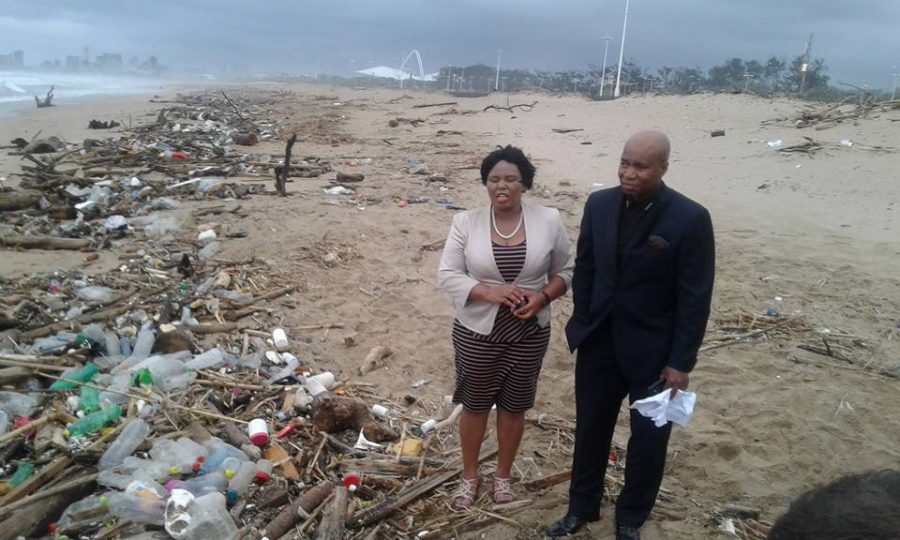
The municipality also called on residents to dispose of polystyrene correctly as it takes “millions of years to disintegrate in the ocean”.
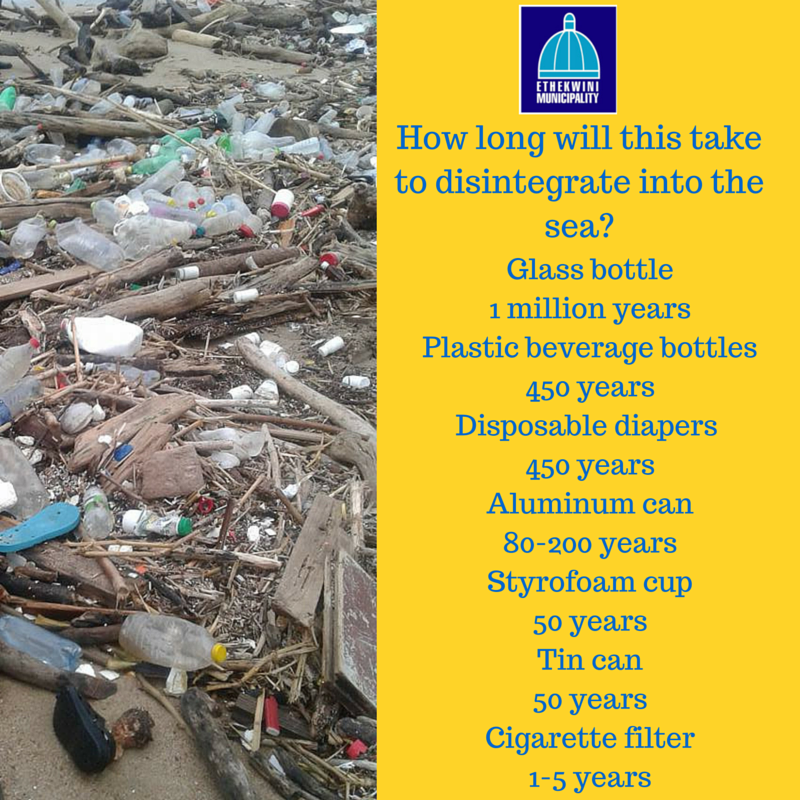
Yesterday the closure of uMngeni/Mangrove, Beachwood, Virginia and Glenashley beaches was lifted but beach goers were encouraged to exercise caution as debris was still washing ashore. The clean-up is ongoing with workers putting in extra hours to speed it up.
Preliminary investigations showed only a fraction of the pollution was pharmaceutical in nature. The majority was general waste and driftwood, probably washed into the sea from the Umgeni River following recent heavy rains in Durban.
Pollution of all kinds is a major global problem – posting a serious threat to humans, animals, plants and ecosystems. The SST says that pollution causes 40 percent of premature human deaths globally, costs $13.8 trillion annually and is influencing climate on the planet.
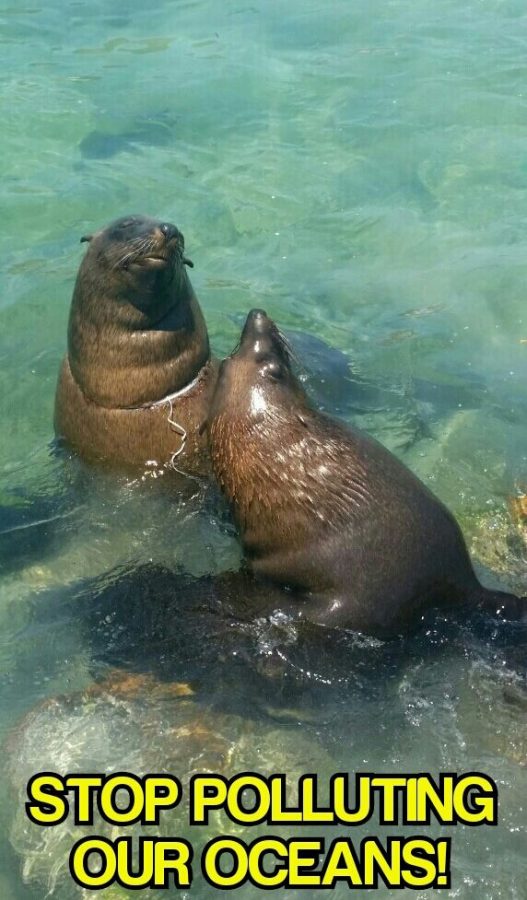
The two days in July to celebrate the official launch of the African Marine Waste Network will include workshops for national and international experts, public lectures and the first meeting of the Network’s Advisory Panel.
The organisers hope that all South Africans will join this initiative to help Africa play its role in ensuring that the children of our planet have a better tomorrow.